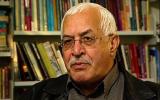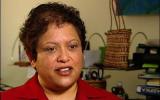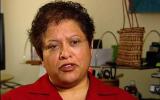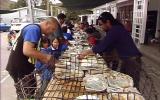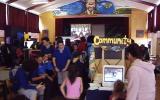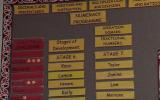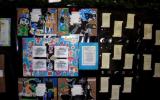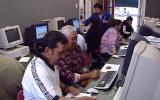Section navigation
Filter by result
Sections
- Effective leaders(12)
- Effective teachers(23)
Principles
- Productive partnerships(18)
- Identity, language and culture(10)
- Ako(15)
Te Mana Kōrero
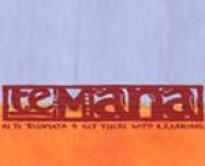
Thank you for visiting. This site will close in July 2025.
Please visit Tāhūrangi - the new online curriculum hub from the Ministry of Education.
Te Mana Kōrero is a series of three professional development packages and facilitated workshops.
These professional development packages draw on the evidence that show what is working for Māori students, from programmes such as Te Kotahitanga and Te Kauhua.
Each of these successful professional development programmes is based on important Māori concepts or principles:
- ako – effective and reciprocal teaching and learning relationships where everyone is a learner and a teacher
- manaakitanga – the care for students as culturally located people above all else
- mana motuhake – the care by teachers for the academic success and performance of their students
- whakawhanaungatanga – the nurturing of mutually respectful and collaborative relationships between all parties around student learning.
The content and video resources you will find on these pages are taken from Te Mana Kōrero Online, developed to help school leaders and teachers address and meet the goals of Ka Hikitia: Managing for Success: The Māori Education Strategy 2008–2012 (Ministry of Education, 2008-2009).
-
Recognising potential
 28/06/2011
28/06/2011
Filed under: Productive partnerships
Mason Durie speaks of the need for schools and whānau to have shared expectations of Māori students. (Extract from ‘Te Mana Kōrero: Relationships for Learning’, 2007).
-
Mātauranga Māori
 28/06/2011
28/06/2011
Filed under: Identity Language and Culture
Mason Durie speaks of that body of knowledge unique to Aotearoa that we are yet to fully appreciate and utilise within our educational system. (Extract from ‘Te Mana Kōrero: Relationships for Learning’, 2007).
-
Shared responsibilities
 28/06/2011
28/06/2011
Filed under: Productive partnerships | Effective teachers
Mason Durie, Wally Penetito and Keriana Tawhiwhirangi discuss the need for both Māori and non-Māori to share the responsibility of building and maintaining effective relationships for learning. (Extract from ‘Te ManaKōrero: Relationships for Learning’, 2007).
-
Te Mana Kōrero: The way forward
 28/06/2011
28/06/2011
Filed under: Productive partnerships | Effective leaders
Keriana Tawhiwhirangi provides advice on how to initiate dialogue with whānau. (Extract from ‘Te ManaKōrero: Relationships for Learning’, 2007).
-
Te Mana Kōrero: The risks
 28/06/2011
28/06/2011
Filed under: Productive partnerships | Effective leaders
Keriana Tawhiwhirangi and Wally Penetito reflect on the risks inherent in failing to maintain productive partnerships with whānau. (Extract from ‘Te ManaKōrero: Relationships for Learning’, 2007).
-
The school in the community
 28/06/2011
28/06/2011
Filed under: Productive partnerships | Effective leaders
It’s not enough to invite the community to come to you - you have to go into the community. At Hiruharama School, every Friday senior students, the principal and whānau are involved in the delivery of meals-on-wheels to the kuia and kaumatua in the area. (Extract from ‘Te ManaKōrero: Relationships for Learning’, 2007).
-
Active partnerships in the community
 28/06/2011
28/06/2011
Filed under: Productive partnerships | Effective leaders | Effective teachers
A regional example of celebration of student learning with their community is the annual Nati awards on the East Coast of the North Island. (Extract from ‘Te ManaKōrero: Relationships for Learning’, 2007).
-
Celebrating success at Hiruharama School
 28/06/2011
28/06/2011
Filed under: Productive partnerships | Ako | Effective teachers
At Hiruharama School, the process of learning is expressly communicated to all the students, and they are the primary communicators of their learning to whānau. (Extract from ‘Te ManaKōrero: Relationships for Learning’, 2007).
-
Filed under: Productive partnerships
Family and whānau are a critical audience for students’ work and achievement. Creating opportunities for the celebration of learning is a feature of the Integrated Studies programme at Opunake Primary School. (Extract from ‘Te ManaKōrero: Relationships for Learning’, 2007).
-
Filed under: Productive partnerships
As part of the process of listening to the whānau and their objectives for their children’s education, opportunities may arise for schools to offer their resources to assist whānau in advancing their own learning, as well as that of their children. (Extract from ‘Te ManaKōrero: Relationships for Learning’, 2007).








